






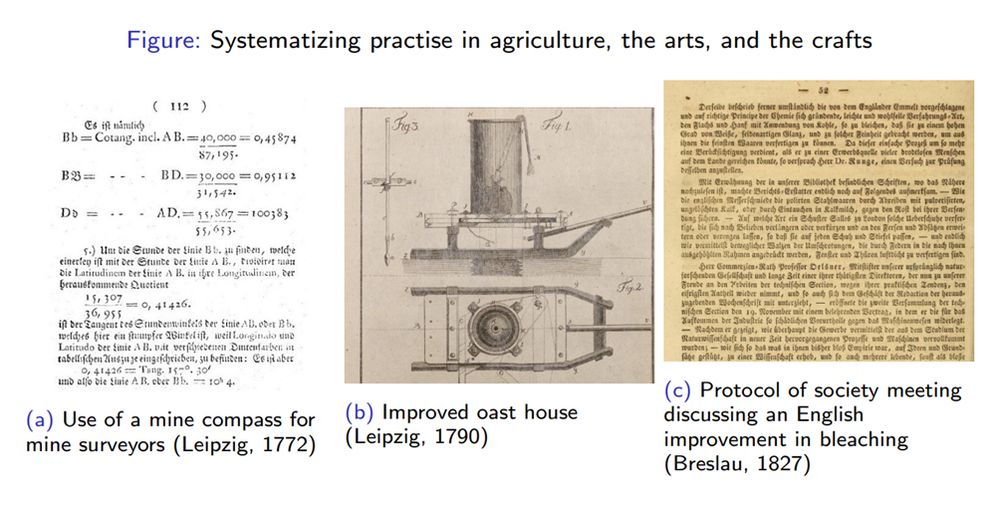
@theeconjournal.bsky.social 🚨🚨🚨
In it, we investigate the effect of knowledge sharing societies from the 18th century on long-run innovation. Read on ->

@theeconjournal.bsky.social 🚨🚨🚨
In it, we investigate the effect of knowledge sharing societies from the 18th century on long-run innovation. Read on ->
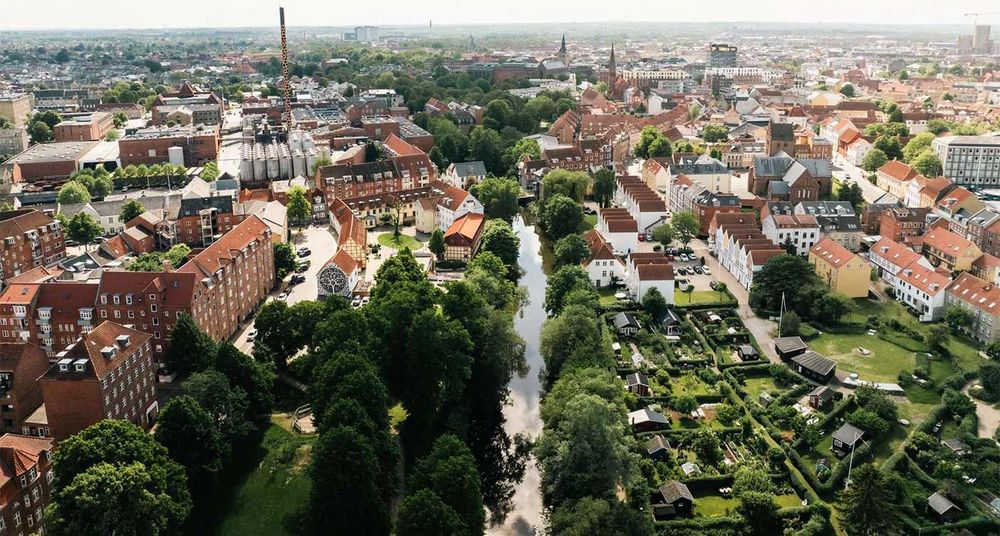



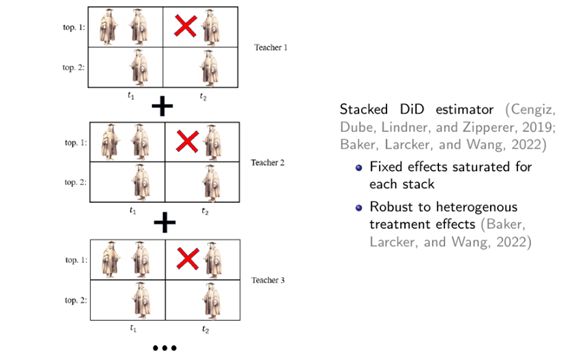



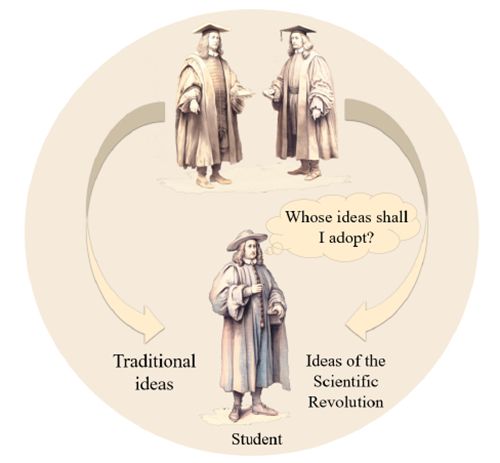


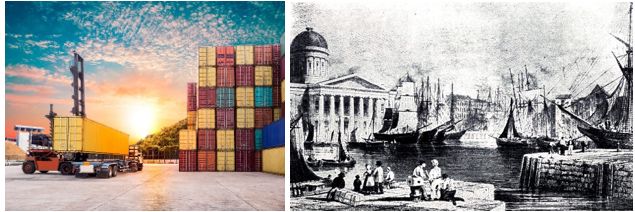



Please find my JMP and CV on my website juliuskoschnick.com
Key summary:

Please find my JMP and CV on my website juliuskoschnick.com
Key summary:

